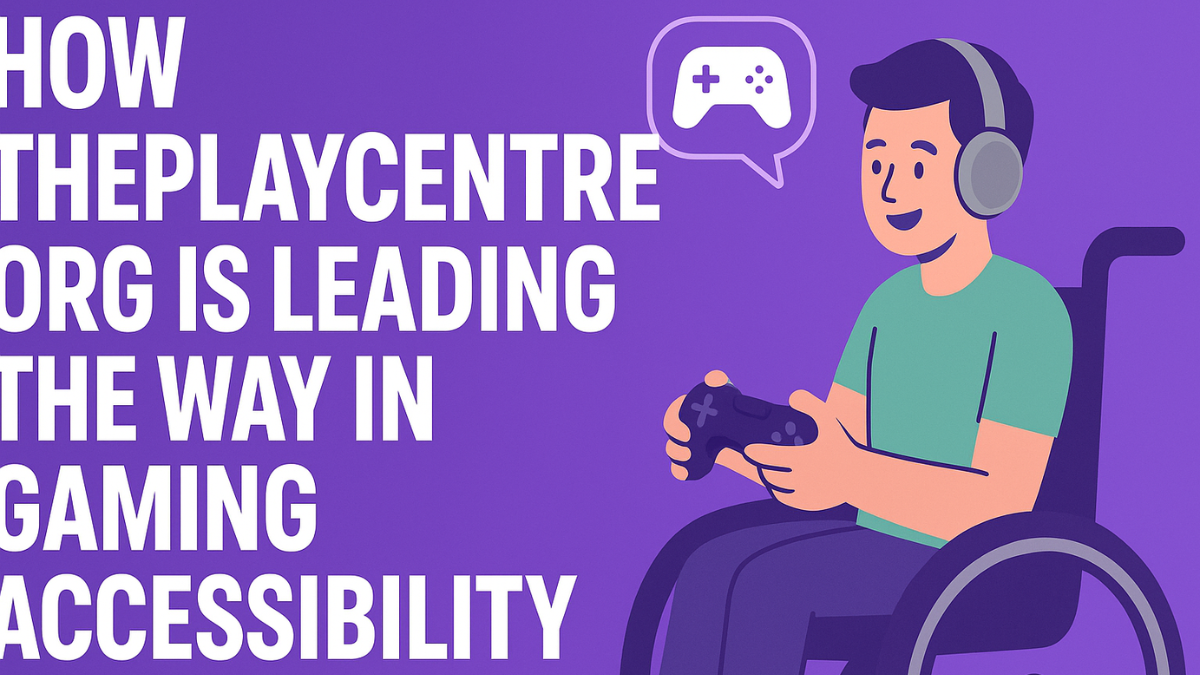Essential Tips for First-Time Homebuyers
Table of Contents
- Introduction
- Assess Your Financial Health
- Save for a Down Payment
- Understand Mortgage Options
- Get Pre-Approved for a Loan
- Hire a Knowledgeable Real Estate Agent
- Research Potential Neighborhoods
- Attend Open Houses and Inspections
- Prepare for Closing Costs and Beyond
Introduction
Embarking on your journey to homeownership is thrilling and full of essential considerations. Knowing what to expect and how to prepare can create a more seamless and rewarding experience for those purchasing a house for the first time. Seeking guidance from trusted professionals, like the Honolulu HI real estate experts Team Hawaii Real Estate, is an excellent way to ensure you’re making informed decisions at every step.
While buying your first home may seem overwhelming, breaking the process into clear steps will help you gain confidence, secure better financing, and avoid common pitfalls. Read on for a comprehensive guide tailored to help first-time buyers achieve their dream of homeownership and create a solid foundation for the future.
Assess Your Financial Health
The first step in homebuying is to look honestly at your financial situation. Review your credit score, spending habits, and current debt obligations. Lenders use these factors to evaluate your loan eligibility and interest rate. Ideally, your housing expenses—including mortgage, taxes, and insurance—should not exceed 31–40% of your gross monthly income; this helps ensure your new home will remain an asset, not a burden. Learn more about debt-to-income ratios.
Assessing your finances also involves understanding and minimizing existing debt. Before applying for a mortgage, pay down high-interest loans and avoid taking on new debts. This will make you a more attractive borrower and may also improve the interest rate you’re offered.
Save for a Down Payment
Saving up for a down payment is often one of the most significant hurdles first-time homebuyers face. While government-backed programs may allow you to put down as little as 3%, aiming for a 20% down payment can reduce your monthly costs and enable you to avoid private mortgage insurance (PMI). Keep in mind that in addition to your down payment, you’ll also need to budget for closing costs, which typically range from 3-5% of your home’s value, as well as moving expenses and potential immediate repairs.
Set up a dedicated savings account to keep your house fund separate from your regular spending. Consider automatic transfers each month, and look for ways to boost your savings, like cutting unnecessary expenses or picking up a side gig. Comparing your options and understanding the full scope of costs will set realistic expectations and help you confidently move forward.
Understand Mortgage Options
Becoming familiar with different mortgage types is crucial to making a decision that fits your needs. Standard options include fixed-rate mortgages, which guarantee a steady interest rate for the life of the loan, and adjustable-rate mortgages (ARMs), which may start with lower payments but carry potential rate increases in the future. Each has benefits and drawbacks depending on your risk tolerance and long-term goals. Explore reputable resources such as NerdWallet’s guide to types of mortgages to help you compare options.
Consulting with a mortgage advisor or lender can clarify differences in terms and help you find loan products tailored to your circumstances. Don’t hesitate to ask questions about rates, fees, and the application process.
Get Pre-Approved for a Loan
Getting pre-approved for a mortgage before shopping for a home sets you apart as a serious buyer. Pre-approval involves a lender reviewing your income, assets, credit, and debts to understand what you can afford clearly. This letter can also give you an advantage during negotiations by demonstrating your commitment to sellers. For more details on the process, visit Bankrate’s mortgage pre-approval resource.
Hire a Knowledgeable Real Estate Agent
Enlisting a knowledgeable real estate agent provides local expertise, access to the latest listings, and strong negotiation skills. Look for an agent with a proven track record and deep knowledge of your desired community. A good agent will answer your questions, schedule tours, and negotiate on your behalf, saving you time and helping you avoid costly mistakes.
Research Potential Neighborhoods
Finding the right neighborhood is just as important as finding the right home. Start by exploring areas with desired amenities like parks, restaurants, and schools. Investigate school ratings, crime statistics, and future development plans, as these can impact your home’s value and daily life. Make multiple neighborhood visits at different times to understand the community’s character and activity level. Realtor.com has more tips on evaluating neighborhoods.
Attend Open Houses and Inspections
Touring open houses allows you to evaluate a property’s condition and imagine living there. Pay attention to potential red flags, such as water stains, cracks, or signs of neglect. Even if the home appears well-kept, always hire a professional inspector before closing a deal to uncover hidden issues with wiring, plumbing, the roof, or foundation. Addressing concerns early protects you from costly surprises after move-in.
Prepare for Closing Costs and Beyond
In addition to the purchase price and down payment, first-time buyers must budget for closing costs, including lender fees, title insurance, and attorney fees. These costs typically range from 3–5% of the home’s price. Beyond the initial costs, plan for ongoing expenses such as property taxes, insurance, HOA dues, utilities, and routine maintenance. An emergency fund can help you handle unplanned repairs and maintain long-term financial health.
Navigating the homebuying process for the first time takes patience, research, and careful planning. By following these tips and seeking guidance from seasoned professionals, you can make well-informed decisions and pave the way for long-term success and satisfaction in your new home.
news via inbox
Mail us for latest news and updates







